Photo by garrett parker on Unsplash
Indigenous Individuals who are part of the intellectual disability community described their challenges and joys during a project created by AIDE Canada and partners Surrey Place, from 2021 to 2022. The year-long project, which was structured around the first nations holistic lifelong learning model, began with a series of community gatherings hosted by an Indigenous Elder. Forty community members attended the gatherings. The resources below were built to amplify and respond to community voices.
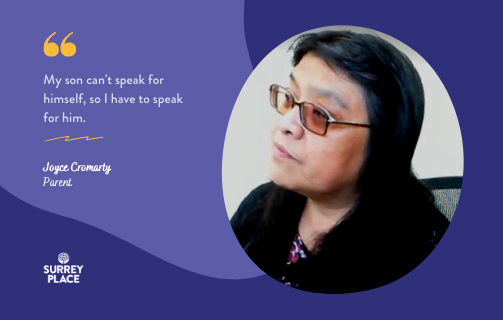
Listen to the first Storytelling Video Series for the Bi pi maadzing zaagidwin teg jichaaming / Circle of Life in the Spirit of Love project. Developed by Surrey Place, the series reflects voices and perspectives from Indigenous caregivers
and individuals with intellectual and developmental disabilities living in Northwestern Ontario. Our first episode features Joyce, a mother advocating for and supporting her son with autism in Kitchenuhmaykoosib Inninuwug First
Nation, also known as Big Trout Lake, Ontario. The music is by Rest You Sleeping Giant (CC BY 4.0)
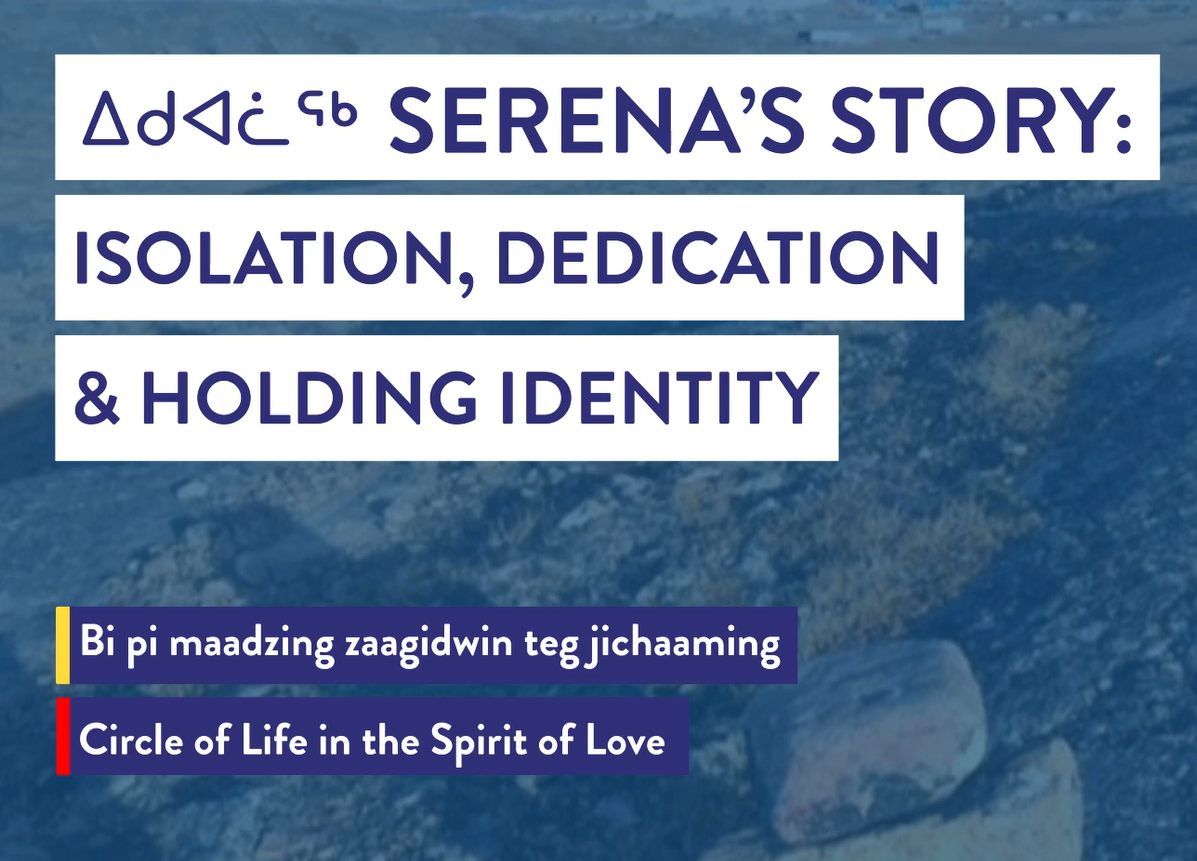
Listen to the second episode of the Storytelling Video Series for the Bi pi maadzing zaagidwin teg jichaaming / Circle of Life in the Spirit of Love project. Developed by Surrey Place, the series reflects voices and perspectives from Indigenous
caregivers and individuals with intellectual and developmental disabilities living in Northwestern Ontario. Our second episode features Serena, an Inuk mother living in Winnipeg, Manitoba, who discusses her adult son's diagnosis of autism.
His chronic health issues have impacted Serena’s ability to live on her traditional land. Serena shares her disconnection with her Indigenous identity as she navigates motherhood in the South and builds her career as a social worker.
Ultimately, with resilience and up against generational trauma, Serena celebrates her reconnection with her traditional ways.
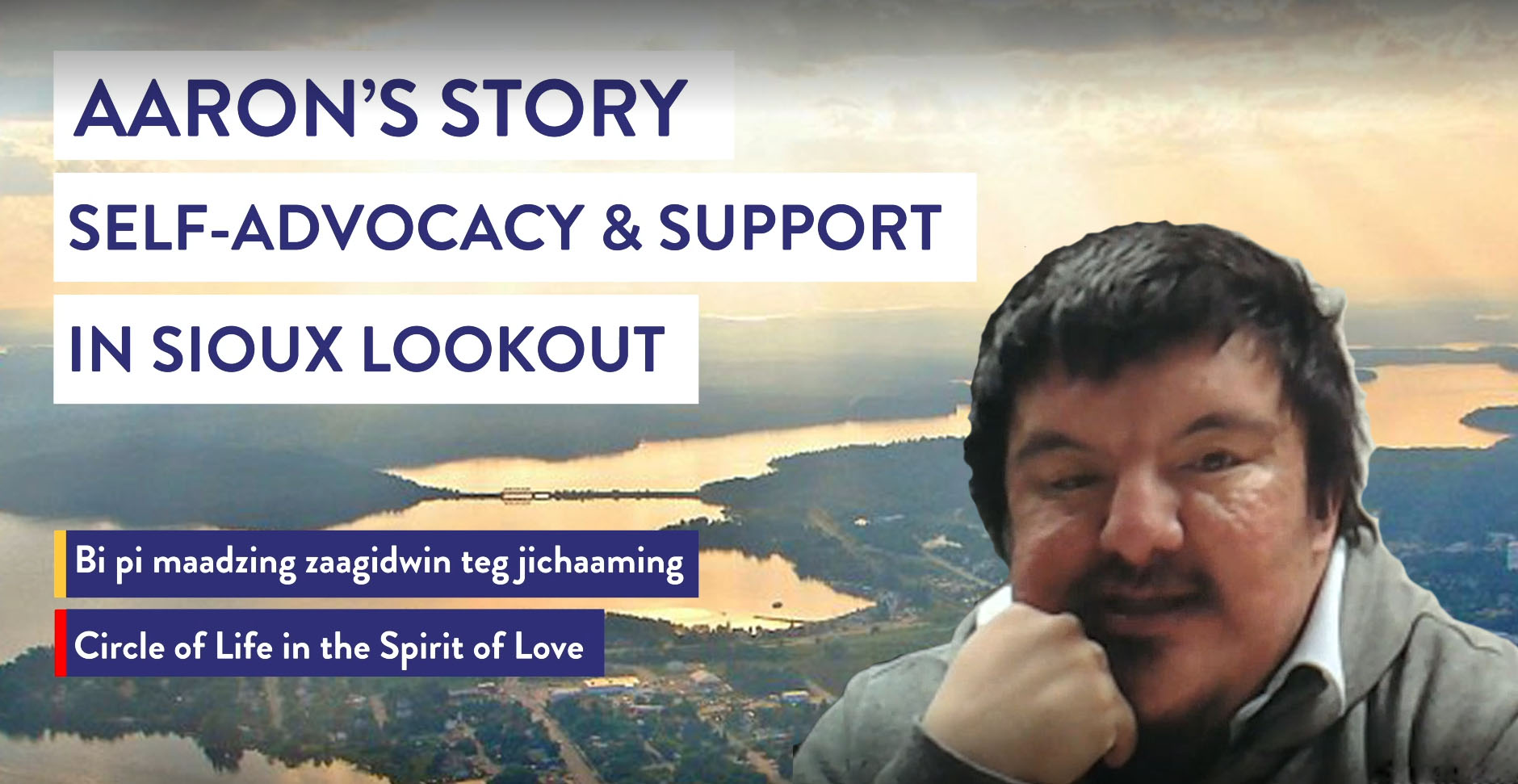
Listen to the third Storytelling Video for the Bi pi maadzing zaagidwin teg jichaaming / Circle of Life in the Spirit of Love project. Developed by Surrey Place, the series reflects voices and perspectives from Indigenous caregivers and individuals
with intellectual and developmental disabilities living in Northwestern Ontario. Our third episode features Aaron, a self-advocate who lives in Sioux Lookout. Aaron discusses his relationships, hobbies and work in Sioux Lookout. He is
supported by Christine Sawanas, the Clinical Regional Access Coordinator for the Sioux Lookout First Nations Health Authority and the MMW Program at Surrey Place.
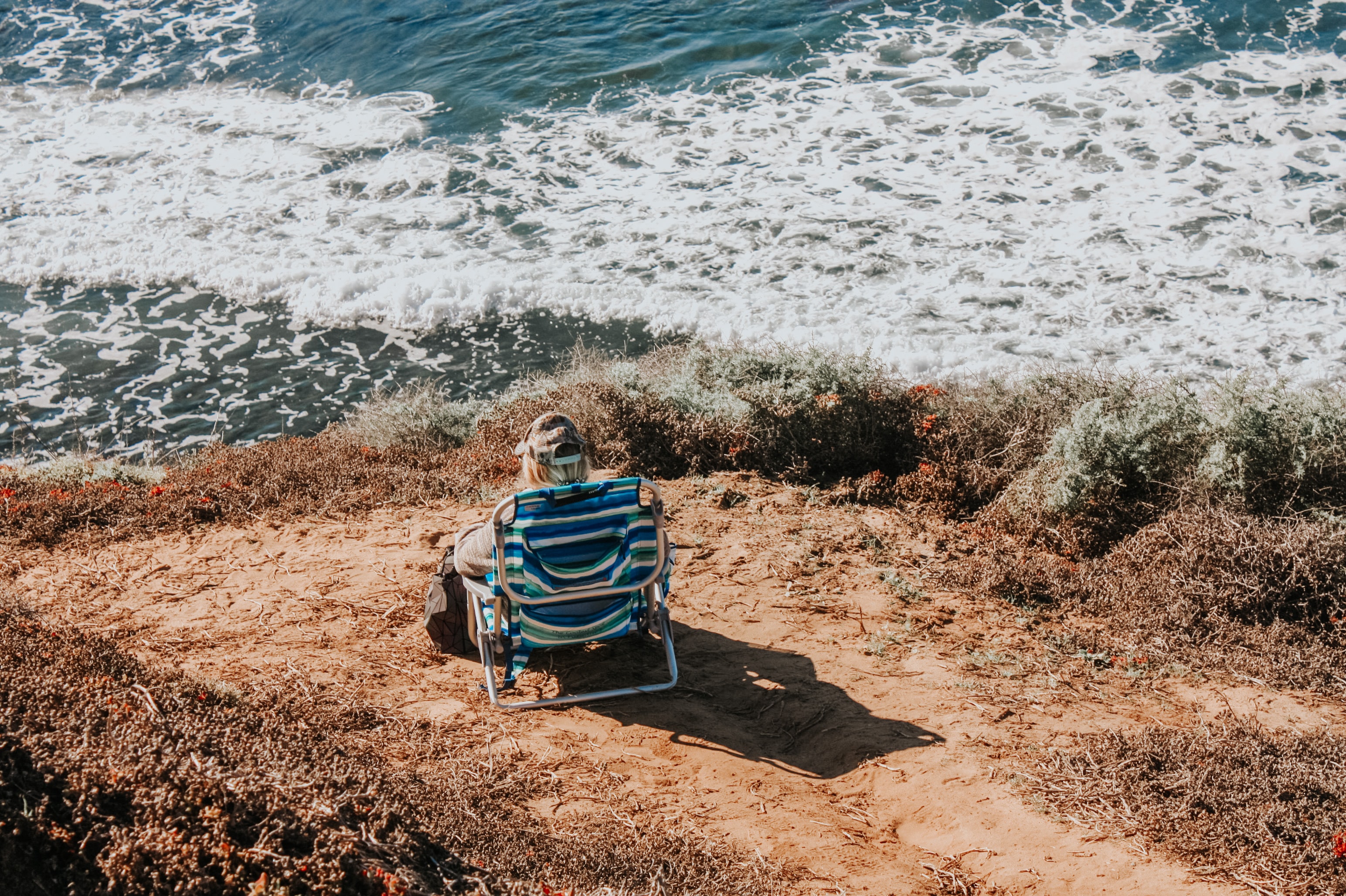
Perspectives from Indigenous Families and Self-Advocates Learn from experiences of families, unpaid caregivers and aging Indigenous adults with IDD in Northern Ontario. Conversations will address a variety of subjects, including support navigation, systemic issues and planning for the future. This event will be live streamed. The link to join will be sent out by email the day before the event.
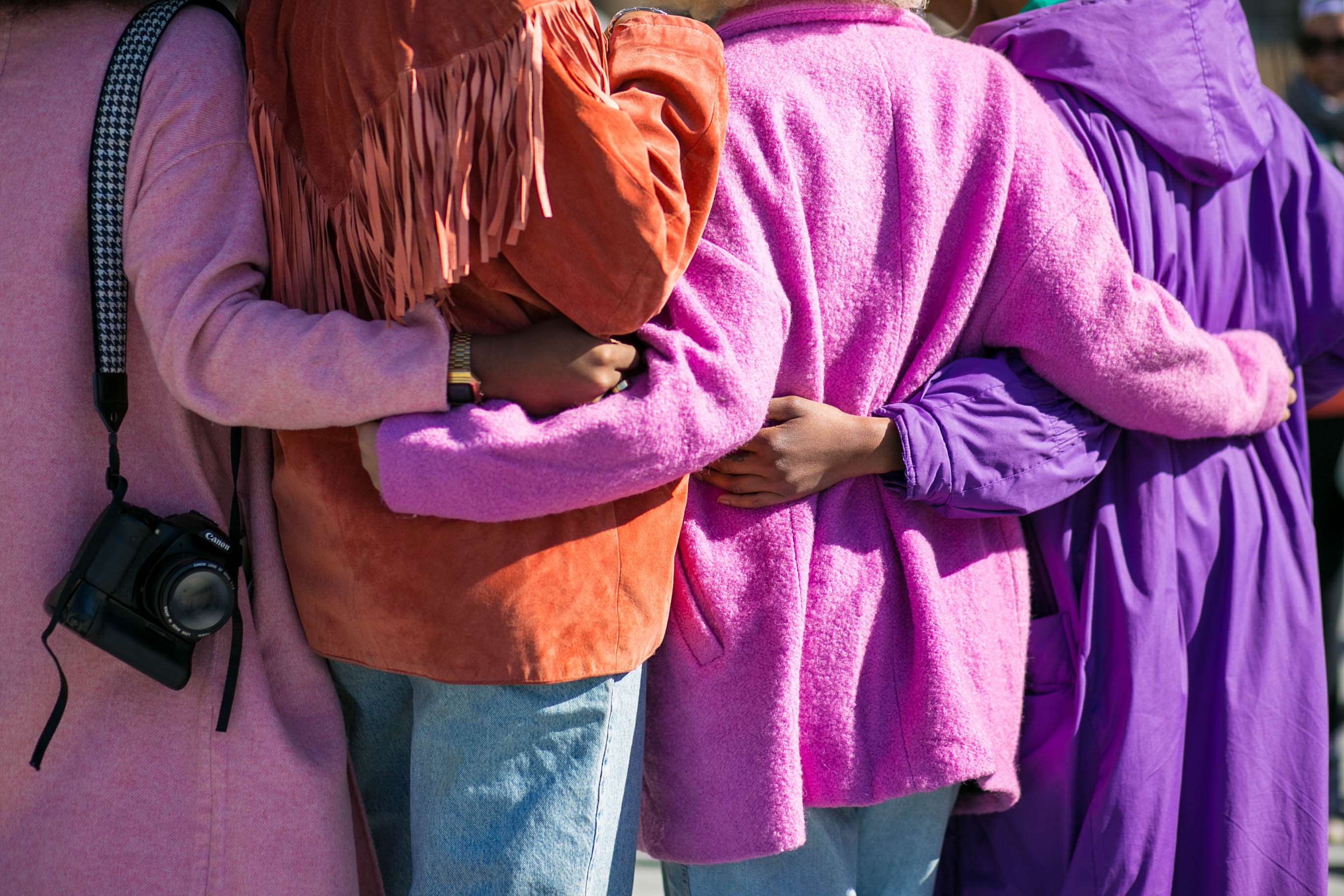
Created by the Bi pi maadzing zaagidwin teg jichaaming (Circle of Life in the Spirit of Love Project) at Surrey Place, this webinar series brings Indigenous voices from Northern Ontario to the forefront. Featuring perspectives from professionals,
caregivers and self-advocates, we will present the unique needs, challenges and strengths of Indigenous adults aging with IDD. Topics will include the role of professionals and caregivers as the person grows older and the value of engaging
support teams from a variety of disciplines to provide a holistic understanding of health care that will improve outcomes.
.jpg?sfvrsn=df750816_3)
Understand the systemic barriers that remote and semi-remote communities face, strategies for better outcomes, and key touchstones for supporting Indigenous adults with IDD in Northern Ontario. Persons with intellectual and developmental disabilities (IDD) are living longer and more fulfilled lives, but what are the challenges of aging with a disability?
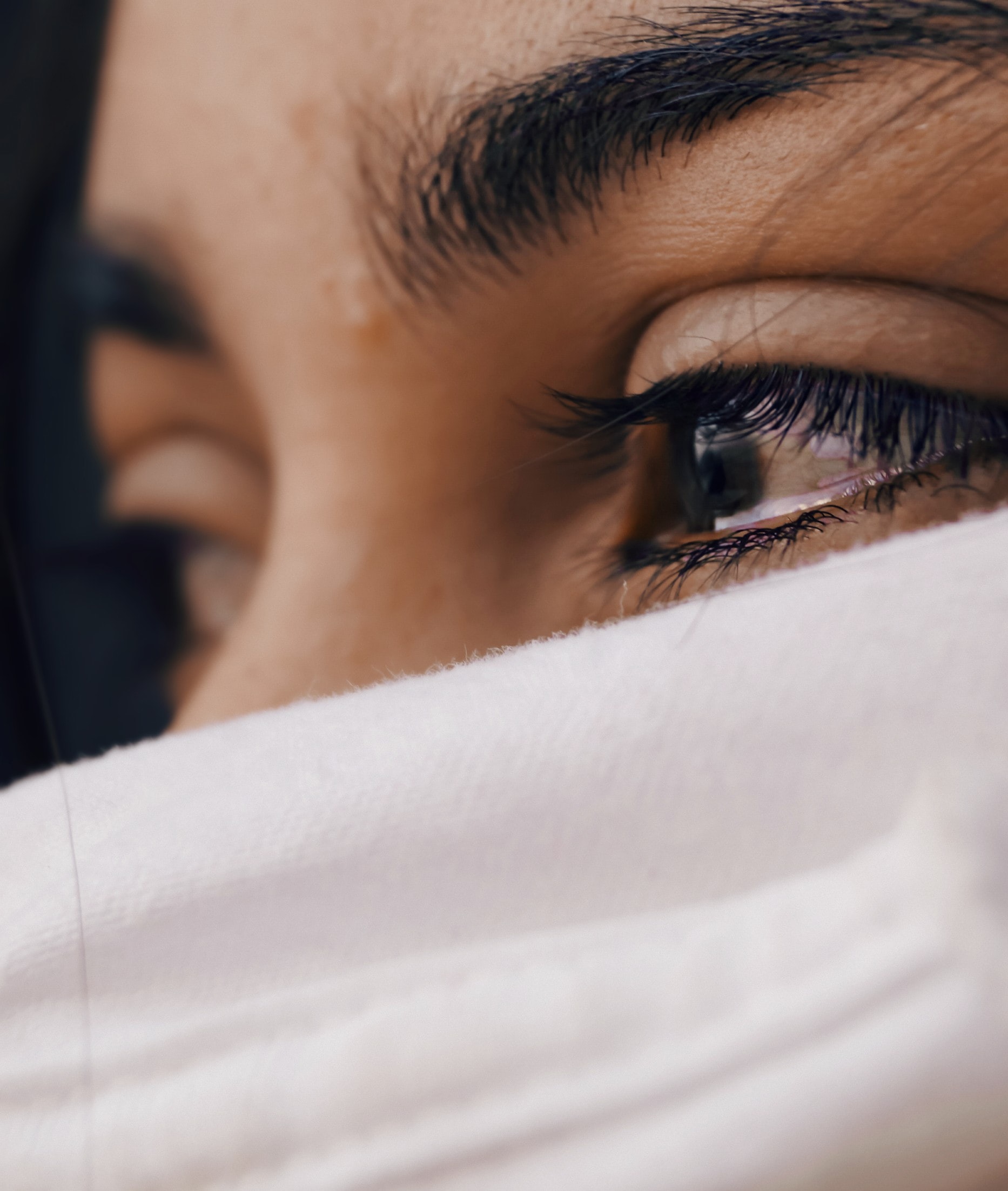
Being trauma-informed is about acknowledging the need to understand a person’s life experiences in order to deliver effective services. With this approach, service providers can improve engagement, health outcomes, and wellness for their
community. This collection of resources can assist service providers and individuals to develop an approach that improves understanding, and helps to recognize, and respond to the effects of all types of traumas.


